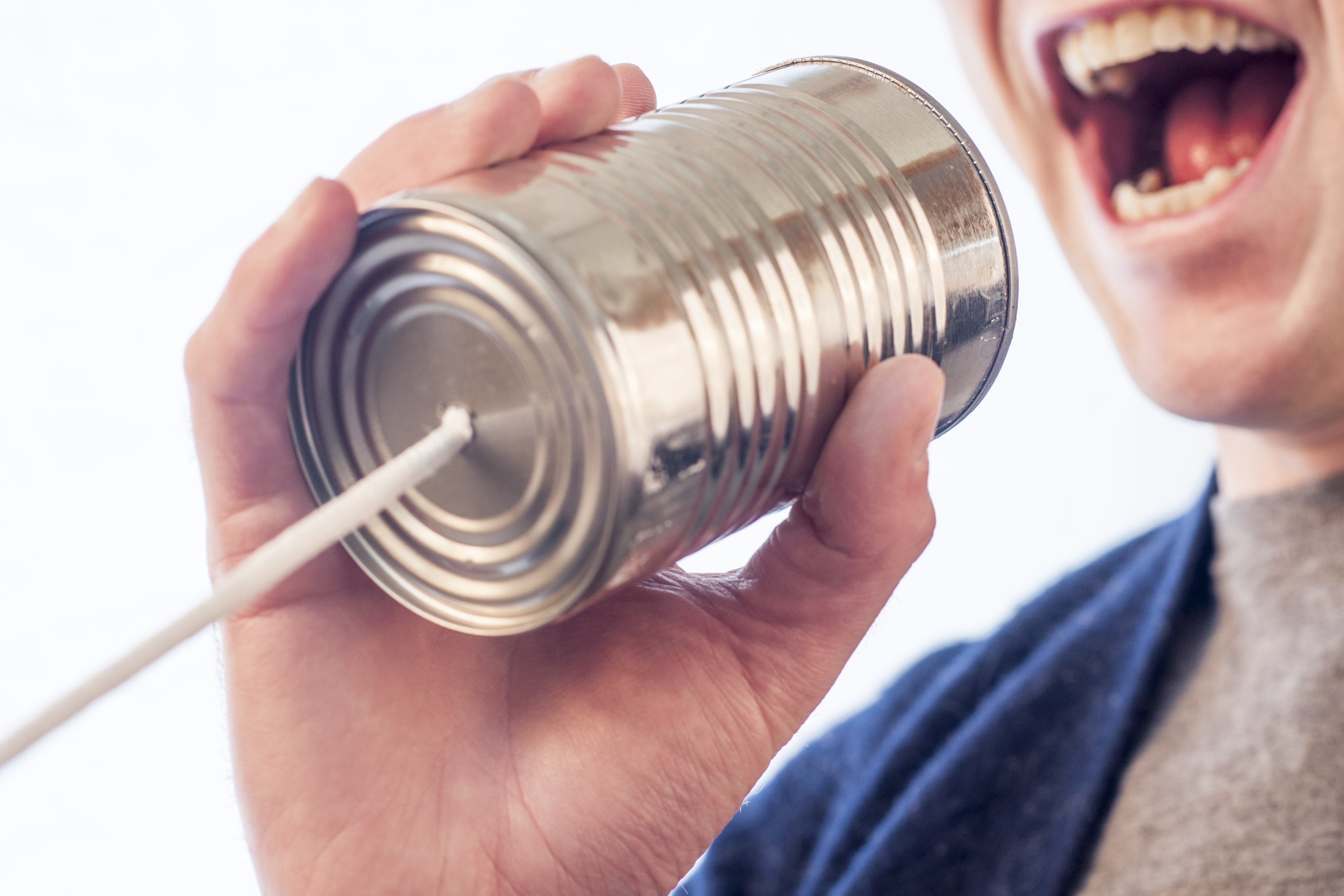As a fledgling graduate student, my inability to convey my thoughts at all, let alone convincingly, was an enormous daily stress.
Think up-all-night-cold-sweats-before-lab-meeting level of stress.
In talks, I would get no questions. Only blank stares.
I would run to my PIs office after a perfect experimental result, blurt out the data, and bounce around, expectantly waiting to see the excitement on his face…only for him to again stare blankly back at me.
I wrote cover letters and fellowship applications and received no responses.
Finally, the severity of my problem hit me when I answered my PI’s question in a lab meeting and not only received the blank stare, but watched him turn to another lab member who, in my mind, said the exact same thing that I had JUST said. My PI’s face lit up, and I could finally see the excitement I had been waiting for…but the moment was ruined.
I complained to that lab mate afterwards about the unfairness of it, only to have him turn back to me and say,
“Yeah, we said basically same stuff, but no one understands when you talk like you do. You don’t know how to say it.
I was dumbfounded. We said the same thing, but I didn’t know how to say it? WHAT DID THAT EVEN MEAN?
So I spent a few days cranky and annoyed and complaining about my PI. And that lab mate.
Then I started listening to how my lab mate presented himself to others – our PI, other lab members, and the undergraduate interns.
And he was right.
As a scientist, I wanted to believe that all that mattered was my results. My data were good. People should see that.
But people don’t see that.
Because I wasn’t doing a good job of showing them.
My lab mate and I might have been saying the same things in terms of presenting the same results, but he explained them in a different order, always starting with context, which I never provided. He used different wording depending on what level (PI to undergraduate) he was speaking to. He inserted short phrases to explain uncommon concepts.
Most importantly, his little tweaks to what I was saying meant that people heard his message.

After that, I was determined to learn this new language that he was speaking. I read books on everything from scientific writing to public speaking to psychology, trying to learn what I was missing. I had my lab mate critique my conversations with my PI and provide pointers on how to improve and techniques to try when I was speaking.
And people started listening.
My PI started becoming excited when I spoke in lab. I started winning presentation awards, including one for being able to efficiently convey science to a broad audience. I was invited to give talks on campus. I won fellowships. I had a manuscript published in a top journal.
It was then I noticed how many scientists had this same problem that I had. I watched them struggle through presentations or corrected fellowship applications that were so confusing I couldn’t understand them – and I was on their publication.
A friend complained about not being able to get a manuscript through to a peer review, even though her data was awesome. I read the manuscript, and I had to agree with the editor’s decision.
Even worse, these mistakes suddenly seemed so obvious to me because I had worked so hard to correct these same errors in my own communication.
As scientists, we see the world as numbers and data and statistically significant p-values, but no one teaches us how to communicate these in a relevant manner.
So we flounder.
There’s so much great science in this world – if we can’t get our peers to understand us or care about our results, how will we ever get the public to listen and learn from our insights?
If we can’t communicate, how can we change the world?
Fortunately, communicating science in a clear and convincing manner for all audiences doesn’t have to be hard, and most importantly, its never too late to learn how to do it.
Stay tuned for tips and tricks on everything from crafting convincing arguments to writing an abstract an editor wants to read.
Let’s do this together, shall we? What kind of content do you want to see to help YOU communicate your science?

